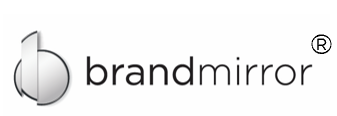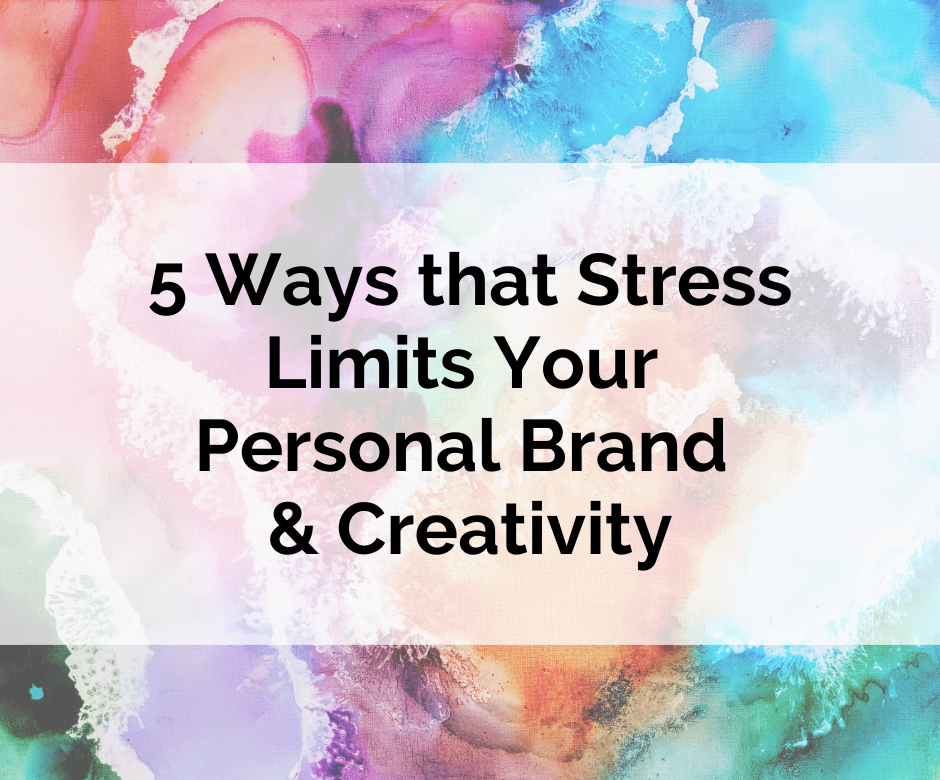Since April was National Stress Awareness Month and May is Mental Health Awareness Month, it is a good time to take a 360° look at the role stress plays in your life. You can take a stress assessment to measure your stress levels and carve out some time to identify the factors that might be contributing. Work, family, and other parts of your life may not allow you the flexibility to eliminate stress entirely. Still, knowledge is power, and knowing where the pressure comes from might provide insight into stress management. If you think your stress doesn’t matter, consider these five ways that stress is negatively impacting your personal brand.
Stress Limits How You Show Up
The Cleveland Clinic said it best: “When you experience changes or challenges (stressors), your body produces physical and mental responses. That’s stress.” These physical and mental responses sometimes referred to as “fight or flight,” lead your body and your mind to go into crisis mode, doubling down on specific strengths in order to survive the situation. While it’s a good idea to work to your strengths, stress inhibits your ability to be flexible and collaborate. It makes it harder to listen and communicate with others while you put your head down and try to power through. One way to address this is to plan your own disruptions or manage what you can control and surrender to the rest.
Situations Become Transactional Instead of Relational
Everyone is either with you or against you in fight or flight mode. You need to line the former up behind you as you forge ahead towards survival, and you do your best to mow down the latter as you go. Instead of asking “how can we work together,” stress makes you the coach and the quarterback, unable to work with others as a team because your stress can’t handle the unknown of trusting someone else to take the lead. A single point of leadership makes sense for a short-term, genuine crisis, but stress convinces your mind and body that you are always in crisis, preventing you from maximizing the benefits of working with others.
Stress Kills EQ
In a crisis, stress hormones increase situational awareness, assessing the environment for causes of danger and avenues to safety. This binary limits your ability to detect nuances. Instead of looking for tells in others, which might impact outcomes, stress looks for a simple “yes or no,” “in or out,” or “safe or sorry.” The stressed mind and body are focused on self, and the implications for others – empathy – become secondary or forgotten. Stress might get to a solution, but the cost can be high in terms of trust, confidence, and collegiality.
Solutions at the Cost of Creativity
Stress makes the mind and body treat everything like a crisis. Instead of using your creativity to explore possibilities, stress looks for “the” solution through a process of elimination. While this may produce the desired outcome for the perceived emergency, it leaves potential and creativity by the wayside. This is also one of the drivers where people feel tired more tired and uninspired than creative. There are ways to be creative and navigate stress in a way that creates your own psychological safety. Here are a few insights from a 2018 HBR article, How to Be Creative When You are Feeling Stressed, by Elizabeth Grace Saunders. One critical step is to give yourself space to breathe going for a walk, to a cafe, or simply starting with questions instead of statements, instead of “I must do this,” ask yourself “what could happen.”
The Wrong Example to Lead By
Given all the challenges and downsides to living with long-term, chronic stress, it certainly isn’t something you’d wish on your team. But your team is taking cues from your approach, behavior, and attitude, so even if they are not experiencing stress, they will be limited to the example you set. This emulation can perpetuate the very factors that can cause stress, leading to increased stress throughout the team. Even if the team is not experiencing your stress, they are learning to work by your example, taking the negative cues and expanding upon them.
Stress takes a toll on your physical and mental health, but it also takes a toll on your brand. To be effective in the long-term – whatever your definition of that might be – it is helpful to have the personal resources and mindset that is resilient to stress. Take the time to assess your stress levels and how they might be impacting your personal brand.

